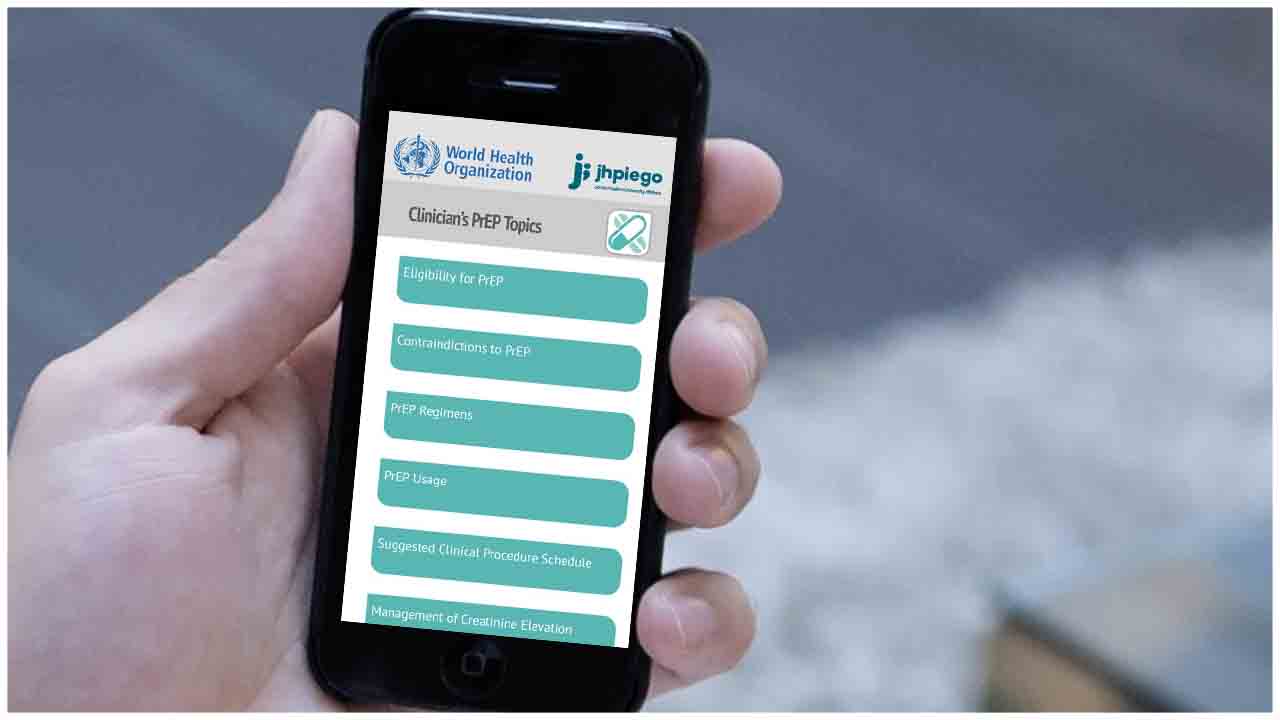A new World Health Organization (WHO) mobile app provides vital information to health workers battling the COVID-19 pandemic, delivering critical and timely knowledge resources in six languages- Arabic, Chinese, English, French, Russian and Spanish- directly to the health workers’ mobile phones and tablets.
It includes up-to-the-minute guidance, tools, training, and virtual workshops, as well as crucial information on how they can protect themselves as they do their critical work.
The app’s design takes into account the results of a WHO Academy online survey conducted in March of nearly 20,000 health workers in 17 languages.With this new mobile app, the WHO is putting the power of learning and knowledge-sharing directly into the hands of health workers everywhere.
The establishment of the WHO Academy as an internal Division of WHO based in Lyon, France is planned to be officially launched in May 2021 as the WHO’s state-of-the-art lifelong learning centre, applying the latest technologies and adult learning science to meet the learning needs of millions of health workers, policy makers and WHO staff around the world.
The application is available for free download from both the Apple App Store and Google Play Store in Arabic Chinese, English, French, Russian and Spanish.
Recently,Presidents Carlos Alvarado Quesada of Costa Rica and Sebastián Piñera of Chile joined WHO Director-General Dr Tedros Adhanom Ghebreyesus today to announce progress on a technology platform that aims to lift access barriers to effective vaccines, medicines and other health products against COVID-19. Costa Rica proposed the idea at the beginning of the COVID-19 outbreak and several countries are now backing the proposal.
“Our proposal relies on solidarity,” said President Alvarado of Costa Rica. “It’s a Solidarity call to action to Member States, to academia, to companies, research institutions and cooperation agencies, based on global social responsibility, on a voluntary basis, promoting more global nonexclusive voluntary licensing.”
“We need to unleash the full power of science, without caveats or restrictions, to deliver innovations that are scalable, usable, and benefit everyone, everywhere, at the same time,” said WHO Director-General Dr Tedros Adhanom Ghebreyesus.
“Traditional market models will not deliver at the scale needed to cover the entire globe. Solidarity within and between countries and the private sector is essential if we are to overcome these difficult times.”
“Chile, like most countries in the international community, considers that only through international cooperation is it possible to emerge victorious from the crisis caused by COVID-19,” said Ambassador Cristian Streeter, Director of Multilateral Policy, Ministry of Foreign Affairs, speaking on behalf of President Piñera of Chile.
The platform will pool data, knowledge and intellectual property for existing or new COVID-19 health products to deliver ‘global public goods’ for all people and all countries. Through the open sharing of science and data, numerous companies will be able to access the information they need to produce the technologies, thereby scaling up availability worldwide, lowering costs and increasing access.
WHO and Costa Rica will officially launch the platform on 29 May. On that date, a Solidarity Call to Action will be published on WHO’s web site where governments, research and development funders, institutions and companies can express their support.
The solidarity of all of WHO’s Member States will be critical to ensuring the technology platform can be a meaningful tool for equitable access to COVID-19 health products.

 WHO pools technology, shares knowledge to fight Coronavirus
WHO pools technology, shares knowledge to fight Coronavirus










.jpeg)


.jpeg)



.jpeg)
.jpeg)






.jpeg)





